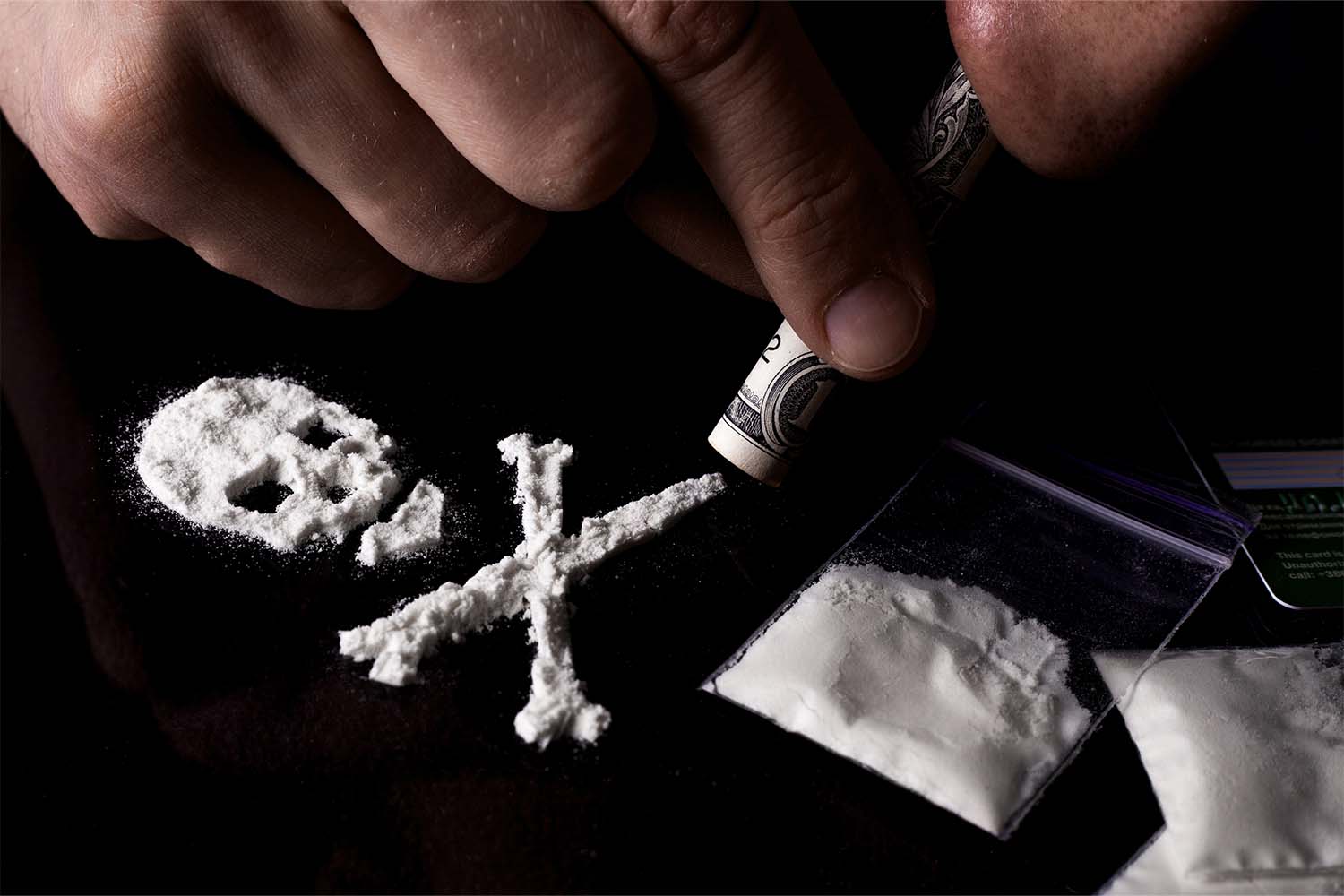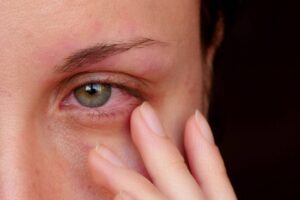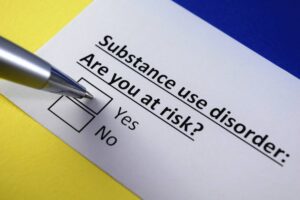Often glorified in movies and television, cocaine is a drug that is used by millions of Americans who may not understand its full potential danger. It’s highly addictive, with dependencies forming easier than one might anticipate. Cocaine addiction is a serious condition that requires intervention and commitment to getting better in order to overcome it.
If you or a loved one are struggling with cocaine addiction, finding professional treatment can help you through recovery. It can be difficult to ask for help, so having others recognize the signs of cocaine addiction can kick start the road to recovery.
Reaching out to your loved ones about problems they might be struggling with can be intimidating, but in the end, it is always worth it.
What Is Cocaine?
Cocaine is a stimulant that causes a person to feel alert and euphoric feelings. Cocaine is a white powdery substance that is often snorted, but it can be injected and swallowed as well.
There is also crack cocaine, which comes in rock form and is typically smoked. Regardless of how you ingest it, it can leave you feeling high for anywhere between 30 minutes and 2 hours at a time. This is just one reason why addiction to it is so prevalent – people use it frequently because the high wears off “too fast.”
Side Effects of Cocaine
When someone is using cocaine, many side effects can occur. The most prominent of these include alertness and euphoria. Others include:
- Overconfidence
- Paranoia or confusion
- Runny nose or sniffles
- Irritability
- Anger and aggression
- Dilated pupils
- Insomnia or long periods of being awake
- Increased heart rate
Signs of Overdose
Someone might have used too much cocaine if you notice the following symptoms:
- Nausea and vomiting
- Panicking and anxiety
- Chest pains and trouble breathing
- Tremors, shaking, confusion
What Are Signs of Cocaine Addiction?
Some people who abuse and misuse cocaine don’t develop into a full-blown addiction. Sometimes, there are immediate adverse consequences as a result.
Not everyone will develop a cocaine addiction. However, it can be very difficult for those who do develop an addiction to stop using cocaine.
Physical Changes
A person experiencing cocaine addiction might suffer from severe headaches and frequent bloody noses. They also might not be sleeping, further contributing to these symptoms. People who develop an addiction to cocaine might stop caring about their hygiene, like showering regularly or brushing their teeth daily.
You might notice rapid weight loss or an overall look of exhaustion, especially in moments of comedowns and periods without using. When a person is using, you might also notice erratic movements, wide eyes, and an overall sense of unpredictability.
Mental and Emotional Decline
When you struggle with cocaine addiction, you become dependent on that drug to keep you afloat. It can feel like you simply won’t be able to exist without it, but in reality, it’s causing you to wither away. Cocaine addictions can cause severe depression and anxiety to occur as well as intense mood swings.
When actively using, you might also suffer from delusions, hallucinations, and paranoia, especially in large amounts. Cocaine has a severe toll on your mental and emotional health because it becomes all-consuming. You rely on cocaine to do what dopamine should be able to do for you. If you already struggle with mental health, using cocaine could be detrimental.
Changes in Behavior
When someone uses cocaine, their behavior is almost the easiest to acknowledge. If you suspect that your loved one is using cocaine, you might notice a few signs first. A person might begin sneaking around behind your back more, not having direct answers to support decisions or actions, and lying more frequently.
If you notice that someone is becoming more secretive and uneasy during basic conversations, they might be trying to hide drug use from you. Of course, this isn’t always the case, but if you suspect that cocaine use might be happening, these are things to look out for.
People may also develop financial issues because they have to keep up with their addiction. It’s a fast-acting drug, so multiple uses throughout the day to keep the high going is not uncommon. While these are all things that someone might try to deal with on the back burner and not directly ask for help with, they are still signs that you could pick up on and assist with.
What Are the Long-Term Effects of Cocaine Use?
Someone who uses cocaine once probably isn’t subject to major long-term side effects. You might experience an uncomfortable come down after using, which may increase your anxiety and any depressive thoughts. You might feel run down the next day as well.
Long-term users might experience:
- Consistent nosebleeds and the loss of smell
- Respiratory infections
- Asthma
- Trouble swallowing
- Heart-related issues, like heart attacks and arrhythmia
- Gastrointestinal issues, including perforation of the stomach and intestines
- Kidney problems
- Easier time contracting blood-borne diseases, like HIV and Hepatitis C
Impact on Loved Ones
Cocaine addiction can seriously impact the relationships around you, which means it’s not just you that is affected by it. You might begin to pull away from your close friends and family members, lie and hide things from them, and potentially even use them for finances to help continue the addiction.
Many might notice that you are struggling but not be sure how to come to you about getting help. Entering a treatment facility like Soba Recovery Centers can allow for a safe place for you to deal with your addiction, surrounded by people who understand your struggles and want to help you.
Getting Help With Soba Recovery Centers
Treatment for one person may look different than your own treatment plan, but at Soba Recovery Centers, the goal is to craft an individual recovery plan that you can find success in. The three main kinds of treatment you can get are detoxification, inpatient, and outpatient.
Choosing to undergo a detox from the drug can help you begin recovery. While you can attempt to do this independently, you may begin to experience withdrawal symptoms and might relapse. When at a detoxification treatment, you are supervised and cared for to keep you safe. Once you complete your detox, you may be urged to participate in inpatient services.
Inpatient is when you stay in the treatment facility with medically trained staff and participate in therapy sessions, both individual and group, and recreational activities like yoga and meditation. This can last for a few weeks or several months, depending on how severe the addiction is.
Transitioning out of inpatient might seem scary, but with outpatient services, you can continue going to therapy and participating in activities at the facility while gaining your independence back. You might be able to start back up at your job while you continue to work towards your recovery.
Call a Soba representative today if this is something that you believe could help you or your loved one. Addiction is nothing you should be ashamed about, so let’s get you the help you deserve.
Sources:
What is Cocaine? | National Institute on Drug Abuse (NIDA)
What Are The Short-Term Effects Of Cocaine Use? | National Institute on Drug Abuse (NIDA)





